Becoming a Master of Wine
By: Matt Brown
The Masters of Wine are often said to hold the most respected title in the world of wine. Their unparalleled depth and breadth of knowledge, their dedication to the support of the industry, and their high standards of professionalism have placed them in a league of their own. With so much to admire, it is no wonder that hundreds of students apply to the Institute of Masters of Wine study program each year. Accepted students receive a primer on the Master of Wine (MW) approach to the study of wine through a series of course days, providing a basic introduction to the study program. As a new MW student, I found my first course days to be both exciting and overwhelming. The Institute requires students to possess professional level knowledge of all aspects of the wine industry from viticulture and vinification, to the handling of wine, wine business, and contemporary issues. This requires that a student not only build strong deductive skills as a blind taster, but also requires the student to build a mental library of information in each of these subject areas.
While the MW qualification is primarily a self-study course, the students are hardly alone for the journey. The strength of the MW community is first made clear to new students at their Stage 1 Residential Seminar. This January, I attended the seminar in a small Austrian town near the Hungarian border called Rust. Although this tourist hot spot was well into its relaxing off-season, the Masters of Wine and their students were anything but relaxed. Instead, we worked tirelessly for a full week, filling our days with practice 12 wine blind tasting exams, sitting in on lectures from subject matter experts from around the globe, and getting to know our fellow students.
At the end of the week, each student went home with a deeper understanding of the “MW approach,” a clearer idea of our individual strengths and weaknesses, and a set of new friends. We learned important new skills and ideas such as how to manage our time on blind tasting papers and how climate change might be affecting the future of the industry. More importantly, we also learned that we all share the same fears and self-doubts. Are we Master of Wine material? Although the true answer to that question remains to be seen, the Stage 1 Seminar taught us all that to become an MW requires digging deep into wine, and digging deeper into yourself. India’s first and only Master of Wine, Sonal Holland, said it best with her farewell remarks, “Are you interested in becoming a Master of Wine or are you committed to becoming a Master of Wine?”
For those who love to ask not only “what?”, but also “why?”, the Master of Wine study program promises a lifelong pursuit of professional and personal opportunity.




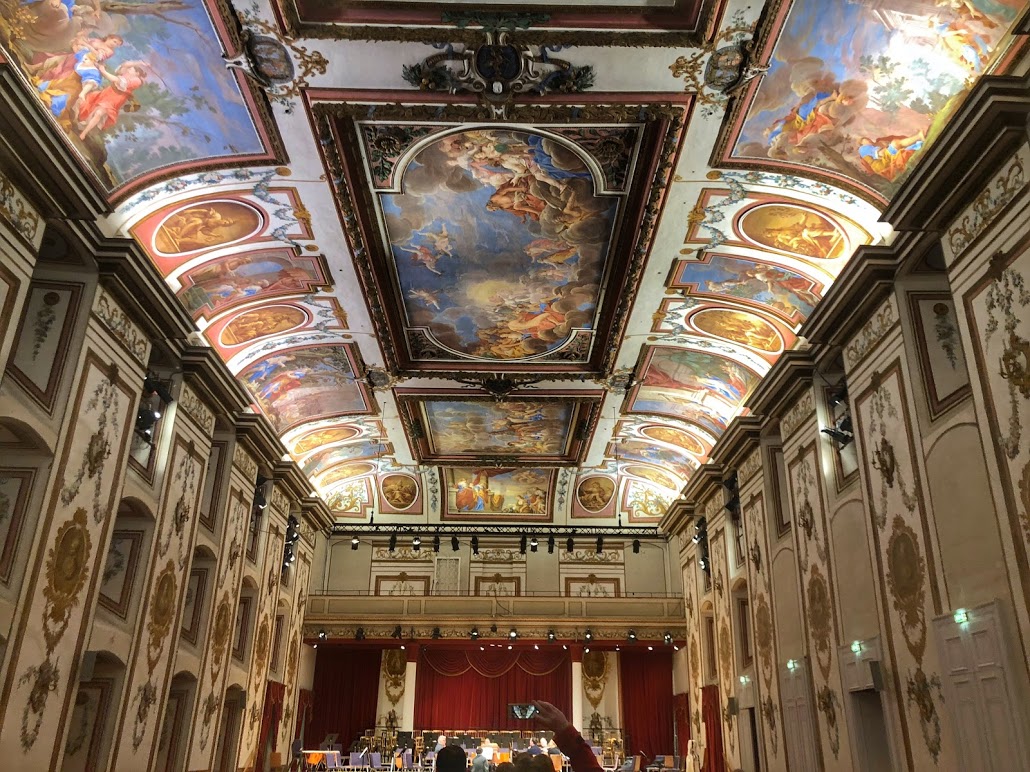
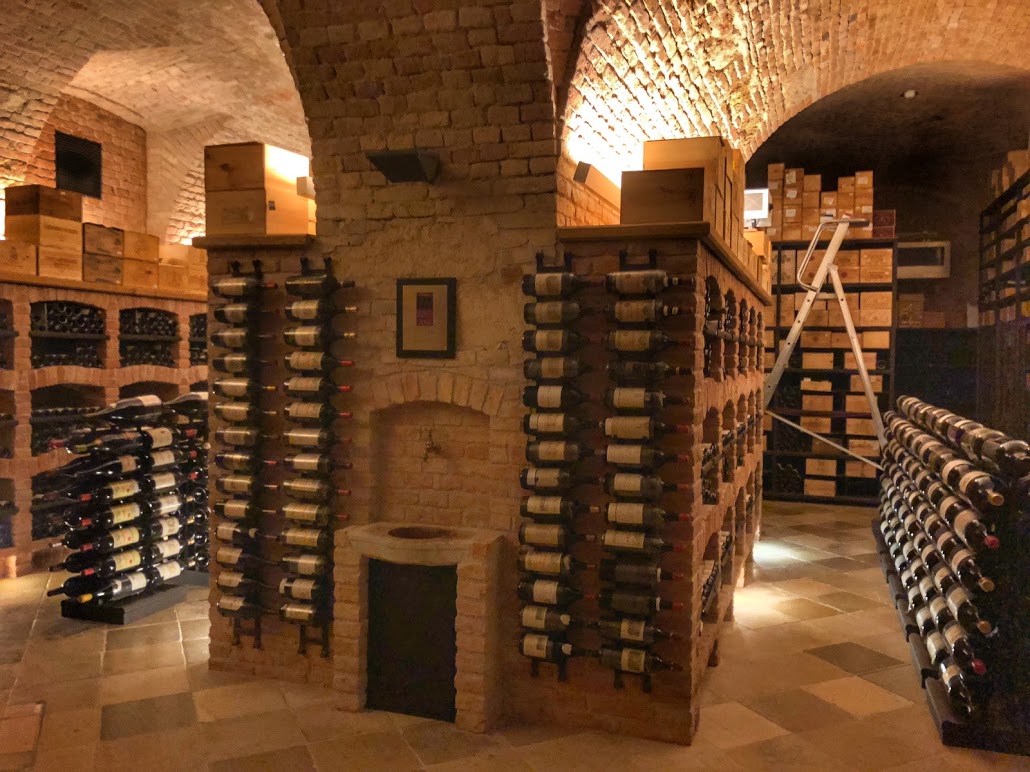

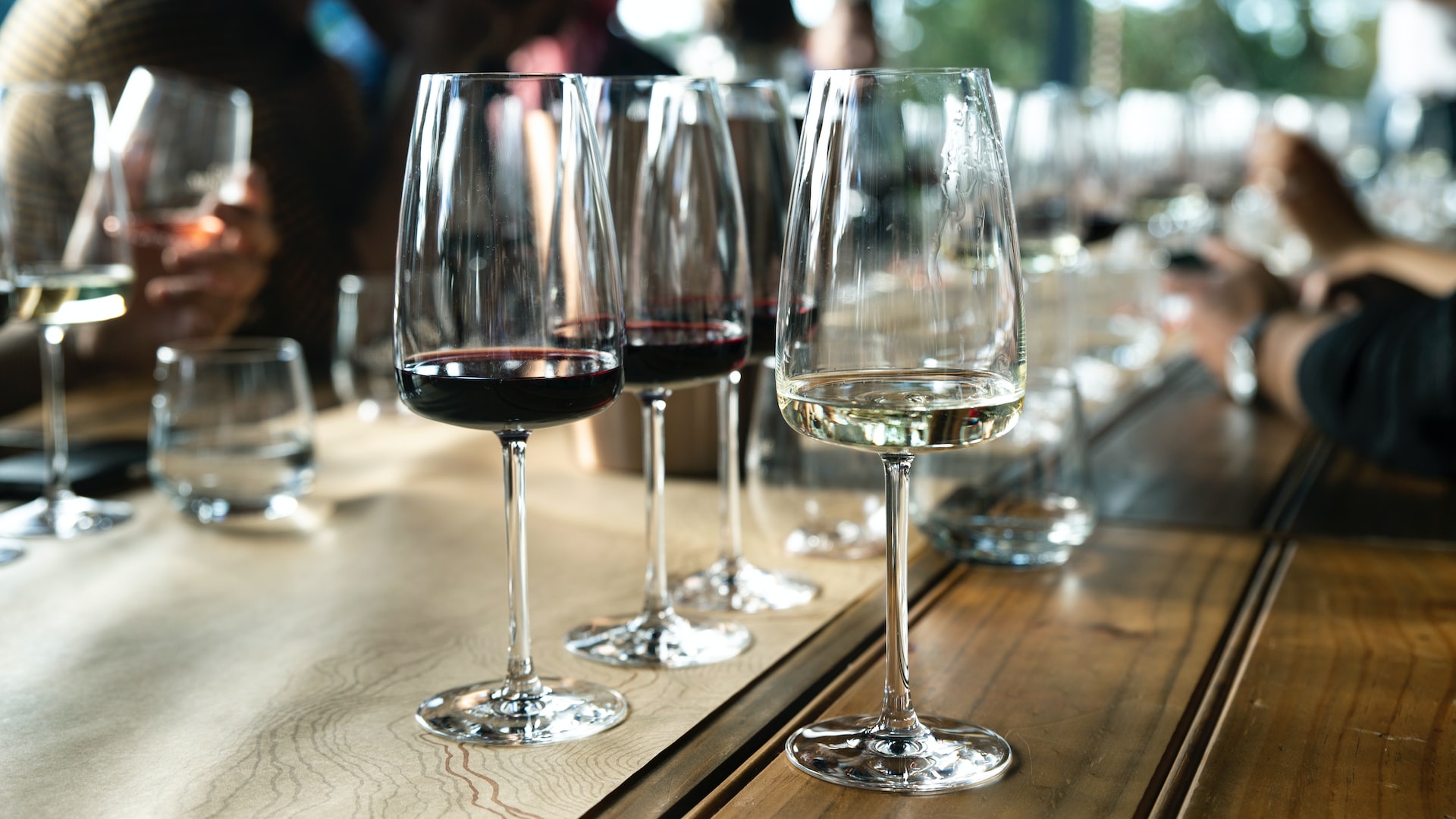
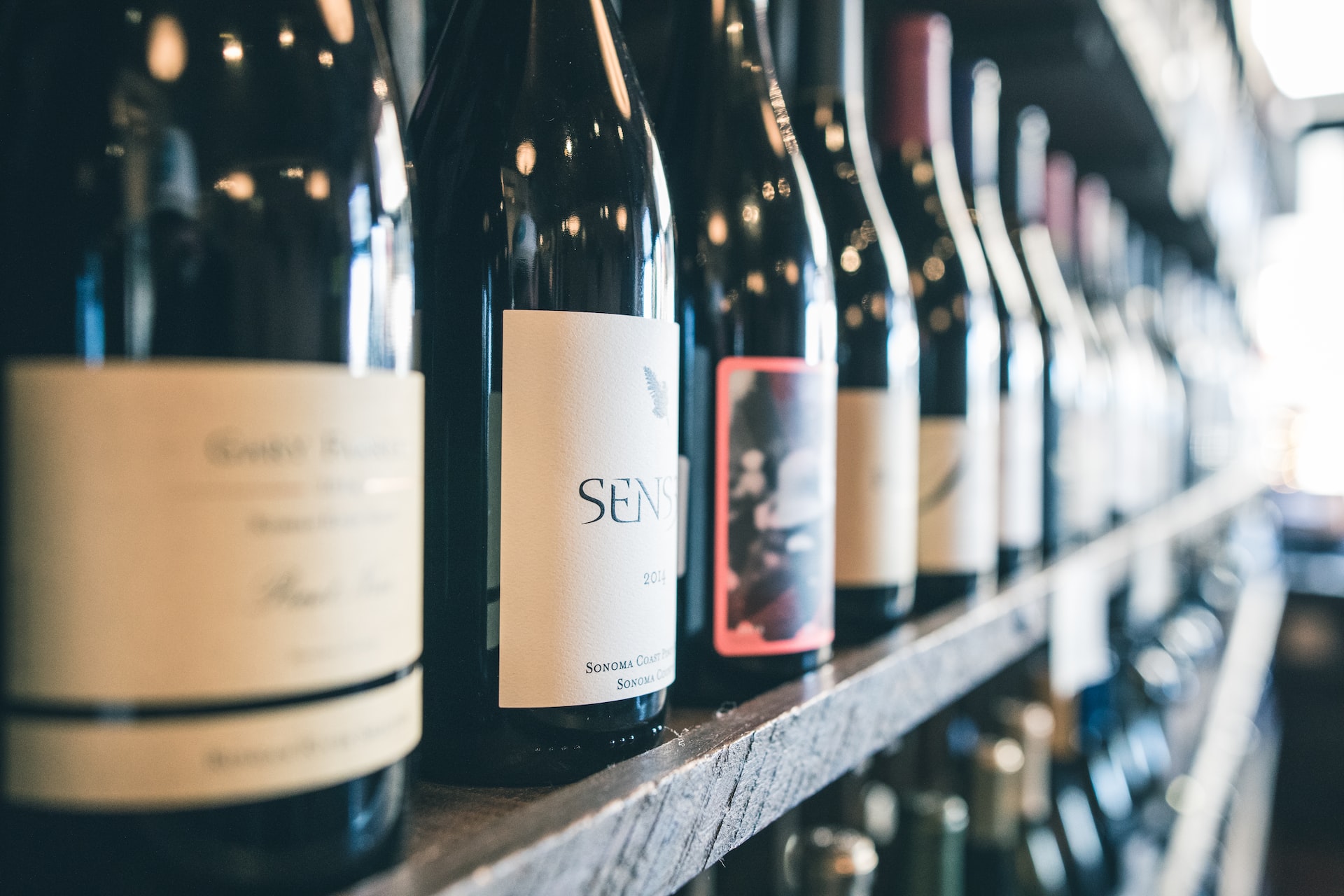
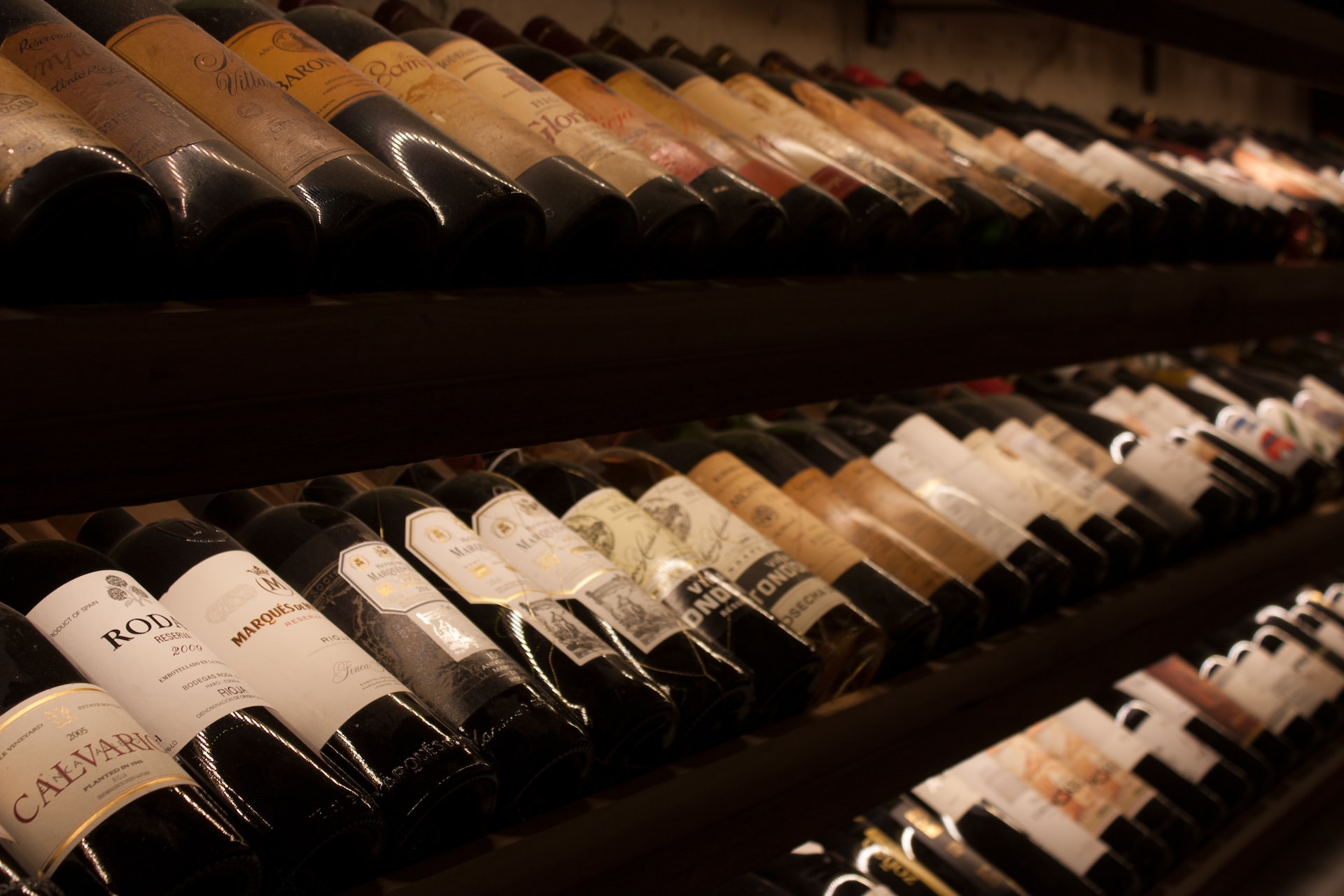
Leave A Comment